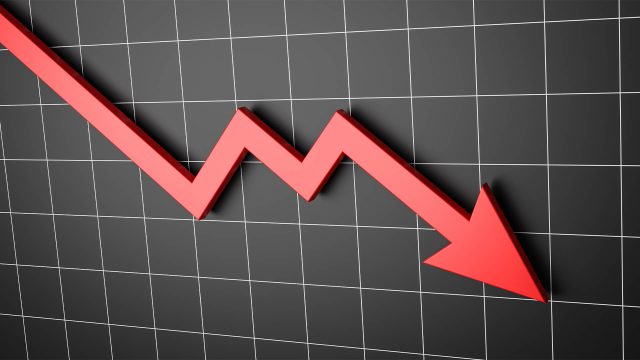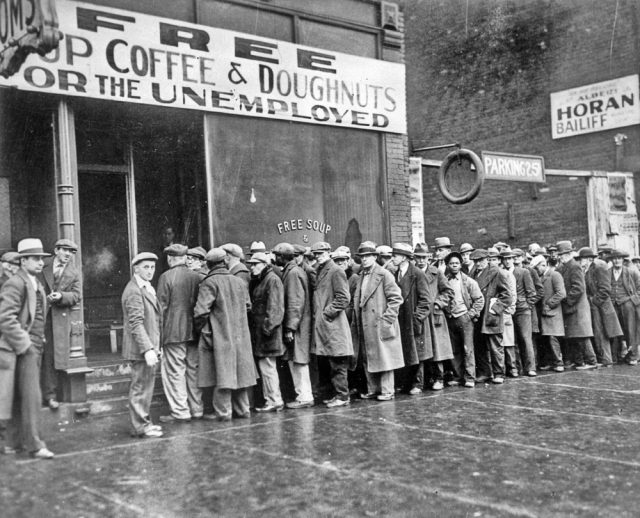Recessions, as difficult as it can get to suffer through, also provide significant economic gains.
Companies struggle to stay afloat, people lose their jobs, incomes decrease, housing and stock values plummet, and the government is forced to borrow money to keep the economy afloat.
However, it’s crucial to keep in mind that recessions are a natural part of the business cycle. This is why, when the next one strikes (and it will), it will also bring with it some positives: adjustments to the status quo that will benefit us as individuals and as a society.
A recession is a time in which the economy grows at a negative rate. An economy that had been thriving slows down, with the consequences affecting everyone from businessmen, industrialists, entrepreneurs to the general mass shopping for their daily groceries.

Why would something like a recession be necessary? Here are four points to sum the advantages up in short.
1) A newfound balance in daily cost of living
Consider the consequences if the economy never slowed. When growth is unchecked, it leads to higher salaries, which sounds great until you realise that those higher earnings can lead to excessive inflation, driving up the cost of ordinary products. High unemployment causes corporations to cut prices in order to move goods and services, just as high employment causes them to raise prices. New, cheaper costs will assist people on fixed incomes and those who hold the majority of their money in cash. The more ordinary things cost, the less confident customers are in their ability to keep up. The entire process comes to a halt during a recession, allowing prices to be reset to a more acceptable level.
Read more : Are Latest Economic Trends Warning Us Of A Possible Financial Crisis Like 2008?
2) Allows for some businesses to live
While there are no “recession-proof” industries, there are several that have performed better in the past. Here are some examples of firms that thrive during a downturn. A few of such institutions are – bankruptcy attorneys, bars, grocery stores, maintenance service providers etc. Other industries that produce candies, sweets or chocolates thrive quite well too. During the Great Recession of 2007-2009, confectionery consumption soared considerably. Cadbury’s profits climbed by 30 percent in 2008, while Nestle’s profit increased by approximately 11 percent. As a matter of fact, Snickers, Tootsie Pops, Mars Bars were all invented during the Great Depression.

3) Increased efficiency
When sales fall short, inefficient businesses find it difficult to stay afloat. Economic downturns serve as a reminder to businesses to get rid of surplus inventory and decrease costs. It teaches them how to streamline procedures in a way that saves money while still meeting client needs.
4) Offers us with an opportunity to view things differently
During recessions, people save more. This isn’t helping the economy recover, but given that only a few out of a majority truly believe that they can make it through three paychecks, many people would benefit by saving more.
A recession will affect nearly everyone in some way. During economic downturns, people are reminded of the importance of living within one’s means (or at the very least, within our individual means). It encourages people to put money down for a rainy day, keep emergency reserves topped up, and rethink how to manage finances in a better way.
It is important to remember that no matter how many recessions we are to see, keeping one’s mind open and strategizing to manage finances skillfully is what will get us through.
Image Credits: Google Images
Feature Image designed by Saudamini Seth
Sources: The Ascent, Business Insider, Economics Help
Find the blogger: @SreemayeeN
This post is tagged under: Business, economic recession, economy, recession, benefits, THE GREAT DEPRESSION, economic depression
Disclaimer: We do not hold any right, copyright over any of the images used, these have been taken from Google. In case of credits or removal, the owner may kindly mail us.
































